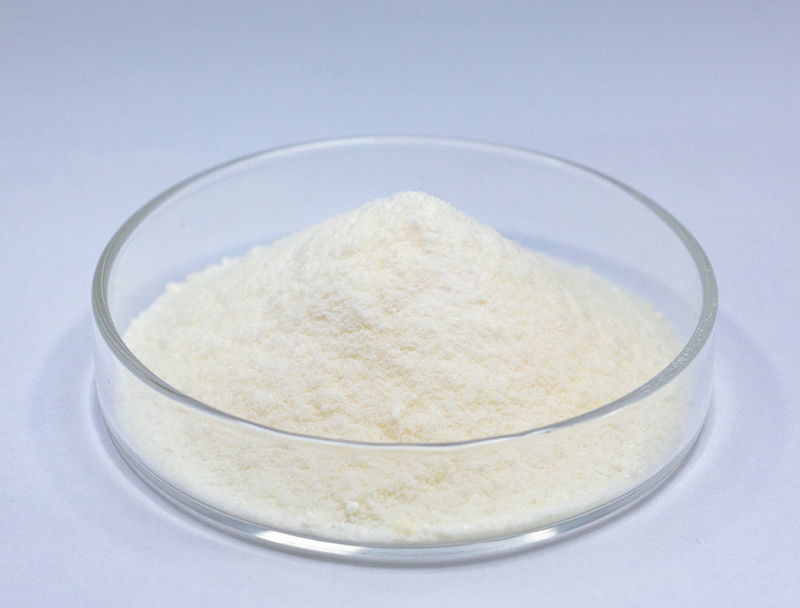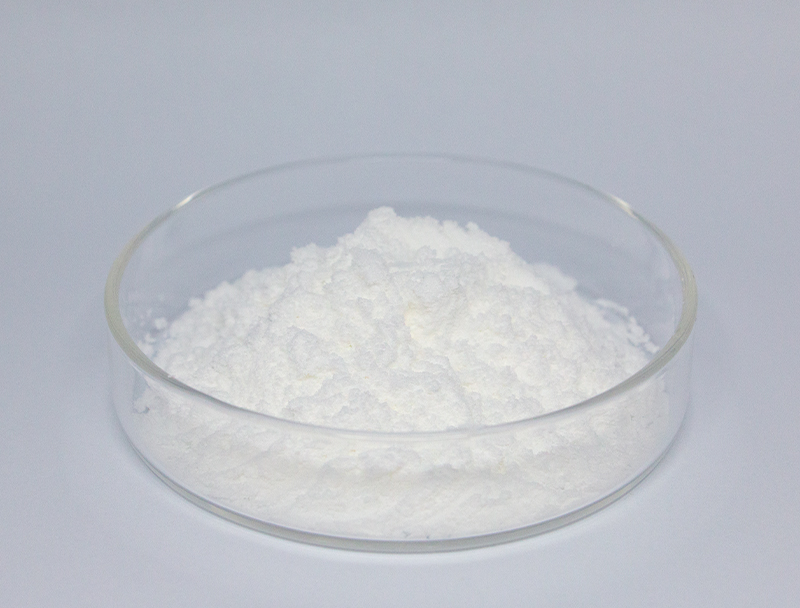
Bioprocessing depends strongly on a wide assortment of substrates to manufacture advanced biological products.
Maintaining sustainably sourced materials remains essential to industry resilience and responsible expansion.
diverse obstacles inherent in legacy sourcing approaches such as soil erosion and unchecked resource extraction. Therefore, biomanufacturing companies must actively seek out alternative sourcing strategies to minimize their ecological footprint.
- Situations demonstrating ethical sourcing encompass:
- Employing waste-stream inputs from industry leftovers
- Implementing closed-loop systems to minimize waste and maximize resource efficiency
- Aligning with domestic providers that adhere to transparent sourcing
Such a move to ethical procurement delivers ecological gains and commercial returns over time.
Optimizing Biomass Feedstocks for Enhanced Biofuel Production
Advancing fuel production depends on feedstock consistency and composition. Experts maintain efforts to discover ways to maximize feedstock value, leading to higher yields of biofuels and a more sustainable energy future. Approaches include genomic enhancements to boost biomass growth and processing methods to convert complex lignocellulose into fermentable sugars.
- Also, studies emphasize discovering resources such as seaweed, organic waste, and residual straw to diversify sustainable feedstock supplies for fuels.
- Because of continual endeavors biofuel technology is set to attain meaningful progress that supports renewable energy growth.
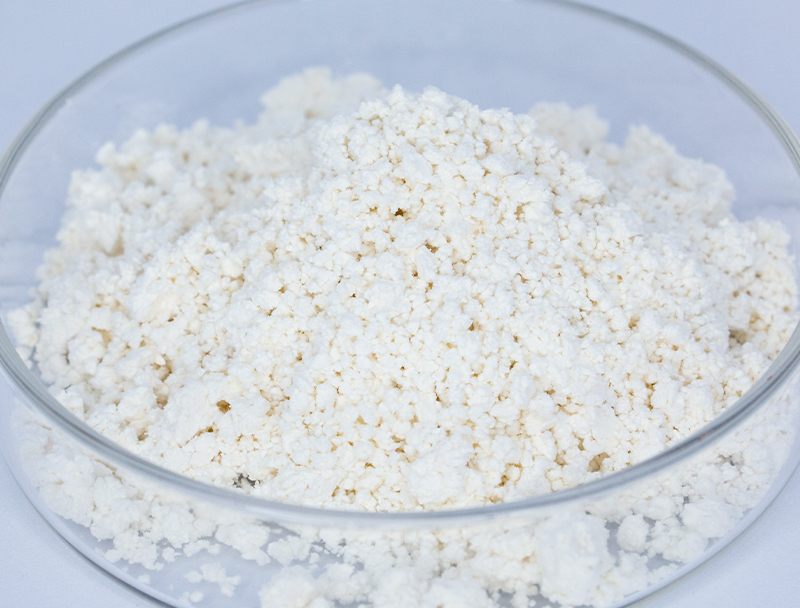
Biopharmaceutical Manufacturing: Advancements in Upstream Processing
embraces initial workflow stages from growth to harvesting Recent advances in this domain have led to improved production processes, ultimately increasing product yield.
Significant developments incorporate advanced biological platforms, tailored medium blends, and precision reactor engineering. These advances improve throughput while lowering both operational expenses and ecological footprints.
- Furthermore, there is a growing trend towards continuous processing in upstream processing, allowing for increased flexibility over the production process.
- Transitioning to refined production methods has the potential to overhaul the industry and expedite new treatments.

Innovations in Gene Editing for Improved Biopharmaceutical Yield
improvements in molecular editing platforms like CRISPR have updated therapeutic production processes. By precisely targeting genes within host organisms, researchers can enhance the yield of valuable therapeutic proteins. This route supports the creation of more affordable and productive treatments for multiple disorders.
Applying Microbial Tools to Improve Environmental Remediation
promising microbial strategies enabling effective environmental cleanup and restoration. Engineered and natural microbes can attenuate pollutants via metabolic conversion.. Leveraging microbial biotransformation promotes sustainable remediation that curbs industrial environmental impacts.. Scientists evaluate varied microbes for potential to remediate metal contaminants, pesticide compounds, and oil-derived pollutants.. Microbial strains work in bioreactor settings or on-site applications to convert pollutants through biological pathways..
Biological remediation using microbes yields meaningful benefits compared to conventional strategies. The approach tends to lower treatment costs and avoids producing toxic residuals. Concurrently, these solutions provide focused remediation without widespread environmental harm. The domain advances quickly, concentrating on raising reliability and performance of microbial cleanup methods.
The Role of Bioinformatics in Drug Discovery and Development
Computational biology approaches are becoming vital across contemporary drug R&D. From target discovery through candidate optimization, bioinformatics facilitates streamlined, hypothesis-guided workflows.
- With analysis of broad omics and clinical datasets, bioinformatic experts identify targets and model drug effects.
- Also, in silico modeling of molecular interactions accelerates optimization toward more selective therapeutics.
- In summary, bioinformatics overhauls pharmaceutical R&D and quickens the path to safe therapeutics for patients.
Pathway Engineering for Greater Bioproduct Yields
utilizes multiple approaches to enhance production of desirable bioproducts in cells. Techniques span CRISPR-mediated edits to reshape pathways, synthetic control elements to fine-tune expression, and gene imports to grant new biosynthetic abilities.. Through strategic metabolic edits practitioners can markedly increase the synthesis of target products.
This wide-ranging tactic can overhaul industries spanning medicine, agriculture, and energy production.
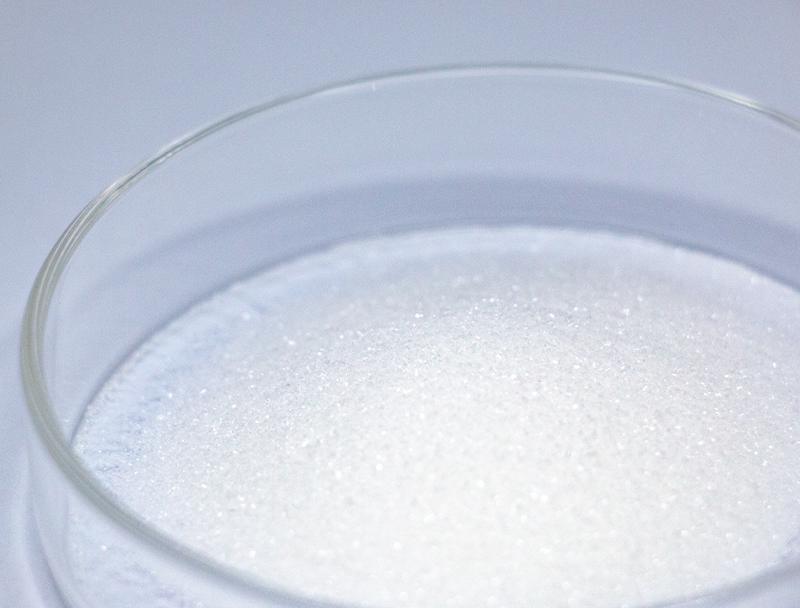
From Lab to Plant: Challenges and Opportunities in Biomanufacturing Scale-Up
Commercializing biopharma production involves significant constraints and promising benefits. Retaining quality standards during scale enlargement is a core difficulty. Managing it necessitates robust automation, high-fidelity monitoring, and powerful analytical capabilities.
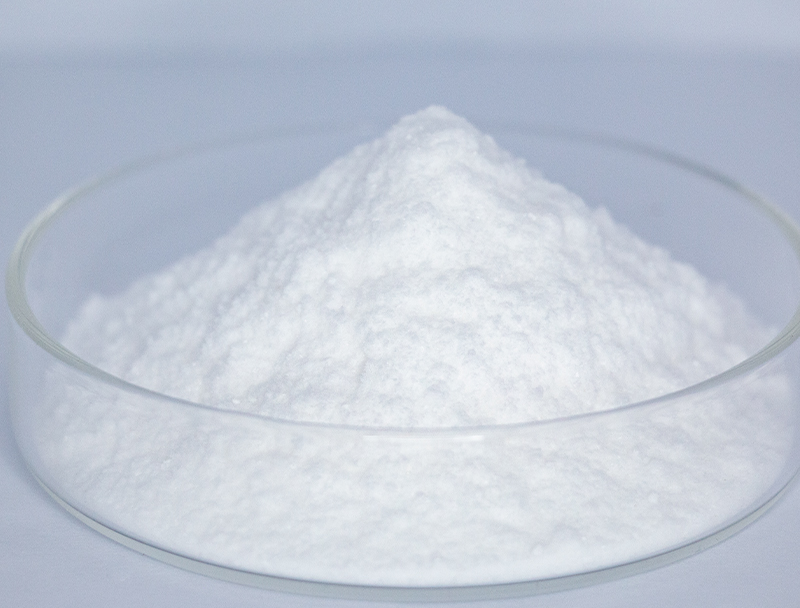
Process intricacy spanning various stages creates significant scale-up complexities.. Translating lab methods into scalable operations needs heavy research and technology breakthroughs.. Despite challenges, the benefits may be considerable. Skilled scaling can enlarge supply, lower prices, and increase profit potential.
Various efforts target the core issues of industrialization. Approaches include cutting-edge process optimization tech, comprehensive analytics for control, and disruptive manufacturing designs.
- Product development and process R&D are pivotal to boosting production capabilities.
- Regulators are adapting frameworks to speed authorization of novel manufacturing approaches and spur innovation.
Understanding Regulatory Oversight to Ensure Biopharmaceutical Quality
Producing biopharmaceuticals demands comprehensive oversight to guarantee safety and clinical effectiveness. Products of biological origin introduce specific challenges that differ from standard drug development.
Regulators such as the FDA and EMA define authorization pathways and quality standards for new biologic medicines..
Extensive evaluation procedures are essential across development phases, spanning preclinical work to post-market checks.. The processes aim to expose risks and ensure that treatments meet exacting safety benchmarks.
Also, governing institutions evolve their strategies to respond to swift advances in biopharmaceutical science.. Strategies include welcoming technological advances and simplifying development while prioritizing patient safety.
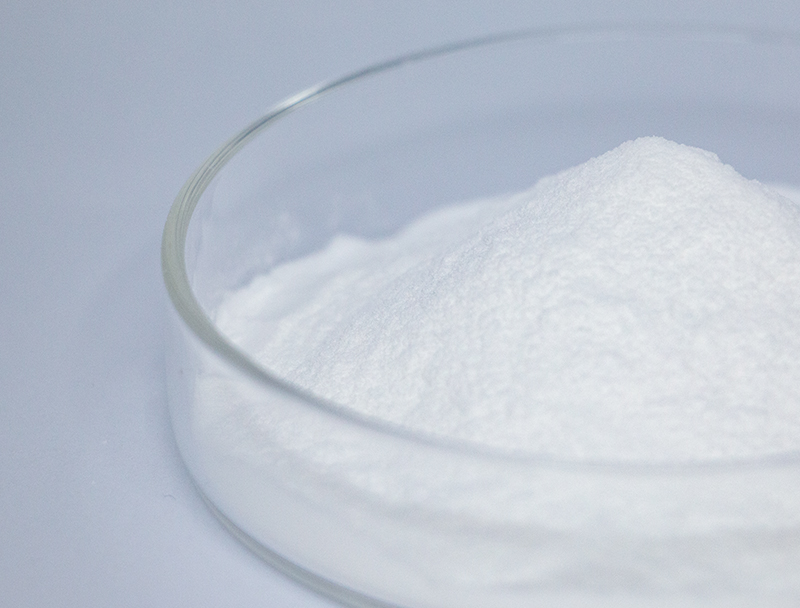
Plant-Derived Inputs for Next-Gen Bioplastics
Growing emphasis on eco-conscious materials catalyzes research into plant-based options. Plant-based bioplastics made from biomass feedstocks present a hopeful path to reduced plastic impact. Plant-based biomass resources such as cornstarch, cellulose, sugarcane can be processed into biodegradable plastics that degrade naturally, minimizing the environmental impact of conventional plastics.
Likewise, some plant-derived plastics perform similarly to petroleum-based materials for a variety of uses.. Continuous R&D will drive plant biomass into scalable bioplastic manufacture and help establish closed-loop material systems.
Biotech Contributions to Global Health and Crop Productivity
Biotech provides transformative capabilities that can change healthcare outcomes and strengthen food systems. Through CRISPR, synthetic circuit design, and cell therapy progress, developers generate methods to counter infectious agents, optimize crops, and α-Ketoglutaricacid elevate nutritional profiles.. To illustrate, modified plants designed for pest resilience and environmental tolerance can raise outputs and reduce pesticide application.. Moreover, biotechnology plays a crucial role in developing vaccines, antibiotics, and diagnostic tools that are essential for combating infectious diseases and improving global health outcomes.. As research progresses, biotechnology holds immense promise for creating a healthier and more sustainable future for all.
